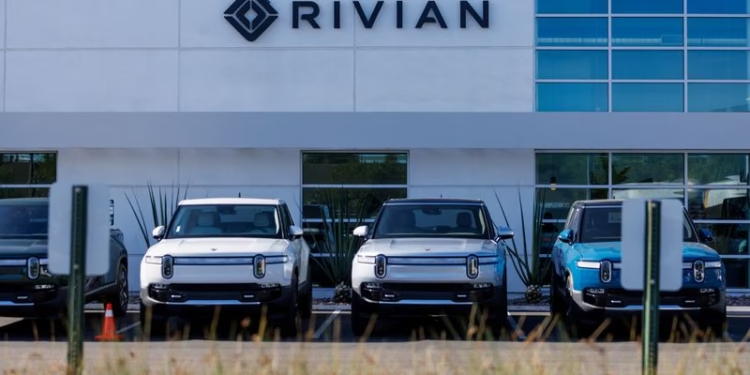Rivian has agreed to pay $250 million to settle a 2022 class-action lawsuit that accused the electric vehicle maker of making misleading statements about production capabilities and demand prior to its November 2021 initial public offering.
Shareholders alleged the company’s rosy projections caused them to overpay for stock that subsequently declined in value, though Rivian denies any wrongdoing and characterizes the settlement as a business decision to avoid prolonged litigation. The Irvine-based automaker will pay $183 million in cash plus $67 million from directors and officers insurance.
Payment structure and court oversight
Under the court-approved timeline, Rivian must transfer the full settlement amount into an escrow account within 30 days of the final approval, with $183 million provided directly and $67 million sourced from insurance coverage. This payment is part of the negotiated resolution in the Rivian IPO price fraud lawsuit.
A portion of the settlement fund will cover taxes, administrative costs, attorney fees (up to 24% of the total), and other court-approved expenses. The remaining balance will be distributed to eligible class members who submit valid claims.
The filing notes that if claim distribution becomes impractical or inefficient, the court holds authority to redirect remaining funds to charitable organizations instead of shareholders. Those who do not submit claims will not receive compensation, but they will still be legally bound by the settlement terms connected to the Rivian IPO price fraud judgment.
Each participating claimant will be subject to verification under the Federal Rules of Civil Procedure to confirm class membership status. This includes potential follow-up inquiry but will not extend to broader discovery beyond verifying eligibility under the settlement.
Focus on cost control ahead of R2 launch
The timing of the Rivian IPO price fraud settlement coincides with internal restructuring efforts aimed at reducing costs. CEO RJ Scaringe recently informed employees of a workforce reduction of 600 positions, representing approximately 4.5% of staff.
The cuts, according to the company, are part of financial discipline plans to support mass production of the upcoming R2 model.
Rivian stated in internal communication that the company “must align spending with long-term production objectives” to ensure stability. The message underscored that competitive cost management is necessary as U.S. EV incentives shift and market demand fluctuates.
Verita appointed to administer settlement claims
As part of the preliminary approval order, Verita has been named the claims administrator responsible for managing the submission and review process for individuals affected by the alleged Rivian IPO price fraud. Verita will operate under the direction of Class Counsel and the supervision of the court.
No defendants in the case will be involved in determining eligibility or distribution. Instead, Verita will handle notification, online posting of claim forms, and final calculation of eligible award amounts.
The court will conduct a separate assessment to confirm that the allocation plan is fair and reasonable. However, challenges or appeals to the allocation structure will not affect the settlement’s finality in the Rivian IPO price fraud resolution.
Industry implications
The Rivian IPO price fraud settlement adds to ongoing scrutiny of EV sector valuations and IPO pricing practices. The company’s ability to navigate operational restructuring while preparing for the R2 launch will likely influence investor confidence moving forward.
For Rivian, the next phase hinges on execution: scaling production efficiently while maintaining customer demand in a shifting regulatory landscape.











